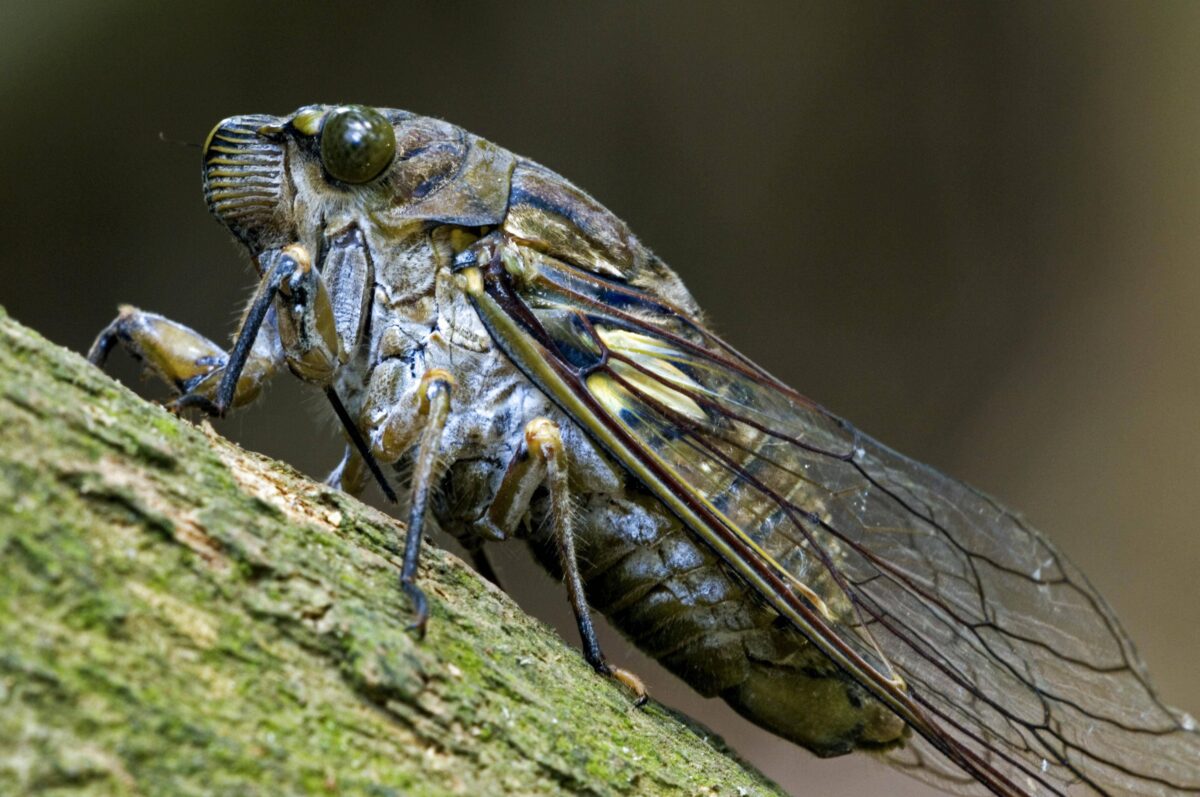If insects give you the ick, then it is probably best to avoid Wisconsin and Illinois this spring and summer as the states are set to be most affected by an invasion of cicadas in an event not seen for 200 years.
This spring and summer, for the first time in 221 years, two broods of cicadas that stay underground for 13 and 17 years respectively will emerge at the same time. While most cicada species emerge each year, these two types stay underground for much longer. But after waiting so long, they don’t live long – when on the surface, the males die, while females will find a place to lay their eggs before they too die. The eggs hatch in July/August and as soon as the cicadas fall to the ground, they burrow underground.
The cicadas are expected to affect 17 states, with Wisconsin and Illinois the centre for it. The 17-year cicadas are expected to emerge in Iowa, Wisconsin, Illinois, Indiana and possibly Michigan, according to Cicada Mania.
Meanwhile, the 13-year cicadas will affect Alabama, Arkansas, Georgia, Illinois, Indiana, Kentucky, Louisiana, Missouri, Mississippi, North Carolina, Oklahoma, South Carolina, Tennessee and Virginia.
Both are expected to emerge in May – usually after some warm rain – and be around until late June.
Cicadas are insects that differ from others in that they have a beak to drink plant fluids. They are often mistaken for locusts or grasshoppers but are distinct species. There are 190 varieties of cicadas in the US and more than 3,000 worldwide. However, there are only four species that stay underground for years before emerging – the others are in India and Fiji.
But cicadas are mostly harmless, and scientists say that people shouldn’t try to kill them. They do not harm people or animals – apart from dogs who eat to many and make themselves sick. They are also mostly harmless to plant life, unless they plant their eggs in weak young trees – but putting netting over them is an effective deterrent.
Nevertheless, the cicadas do make a mess as they shed their exoskeletons and, given the volume they emerge in – millions – there will be a lot to sweep up. Likewise, there will be a lot to deal with when they die – although as they decompose they do help to fertilise trees. There are so many as it helps them to evade predators – the principle being that there are so many of them, predators can’t eat them all.
